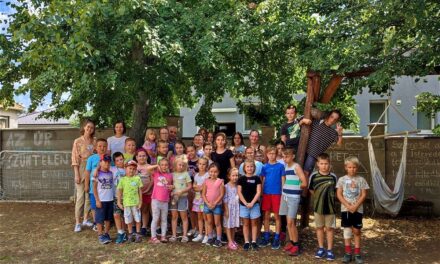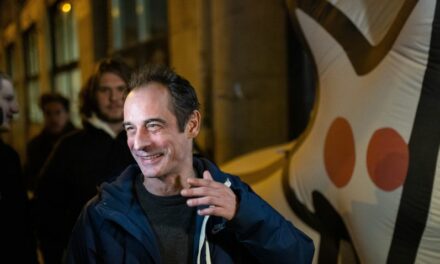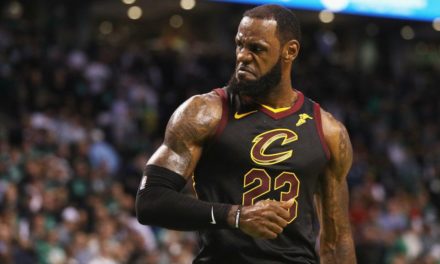Gyula Bill Deák, the "Hungarian blues king", celebrates his 75th birthday today.
The songs Hey Joe, Rossz vér, Hatvan szápás or even the very first István a király Véres kardot hoztam are all defining elements of Hungarian music culture. Gyula Bill Deák became known as a member of the Hobo Blues Band, whose album "Vadaszat" was a defining musical experience for many. On the occasion of his birthday, we talked to him about blues, audience, plans and what might be the secret that keeps his art "young" to this day. At the end of the conversation, he left a small message for our readers.
As far as I know, he wasn't originally meant to be a musician, but a soccer player. How did you end up on stage?
I lost half my leg when I was 11 years old. Then beat music came to Hungary, and I started singing. (At the age of 11, his leg had to be amputated due to a medical error. His surgeon then wanted to adopt him and leave everything to him, but his parents did not allow him, for which, according to his own words, he has been grateful ever since - ed.)
Why the blues?
The blues is a feeling of life, a way of life. Six of us lived in one room, there were no bathtubs then, but we washed in a sink. The toilet was at the end of the corridor, and it was not pleasant to go to the toilet in the cold. Anyone who hasn't suffered, hasn't had enough of life, can't even know what the blues are. That if you haven't lived through hard times, you don't know what it is like a greasy bread or an apple for Christmas, you can't even know what deprivation is, so you can't understand the deepest essence of the blues.
You first became known as a member of the Hobo Blues Band. How did your individual career begin after that?
I was noticed with the Hobo Blues Band, I played there for six years, and at that time I think it was the most popular band in Hungary. Despite this, I think that the even larger audience got to know him in Stephen the King. As soon as I left the Hobo Blues Band, my first LP, Rossz vér, came out, which I think is one of Hungary's best records to date. And so my solo career began.
What do you think keeps the blues and your songs so young?
I had very good lyricists, the music was very good, and so were my musician colleagues. The songs are about something. The point is that one can remain authentic. I didn't sell myself to anyone or anything, and that's what people are interested in: good music, good lyrics and authenticity.
What do you think about the young generation of musicians?
I don't pay much attention to them, but sometimes I listen to them. They also covered one of my songs, there is a young man from the current young generation, Dzudló, who made the cover of Rossz vér. Well, I don't keep in touch with him either, but I have a concert on November 18, and he said he wants to come, and I'm waiting.
What about the audience? How do you see the younger generation going to these concerts?
The truth is that everyone goes there. Younger, middle-aged and older too. I'm happy for them. They know the lyrics by heart, they sing, and that's a big deal. However, when these songs were already hits, many were not even born.
What are you most proud of over the past 75 years?
To be loved by people.
What gives you the greatest strength and motivation?
It's still love. I play with young musicians, and I'm very happy about it. They are all from Kőbánya, and they graduated from Egon Póka's school here. I'm happy that we play together. They give strength. And the love of the audience, that matters a lot. And we were also in Nagybánya and Timișoara and gave very good concerts, so I really hope that we can go to Cluj next year as well.
Do you think that the recognition of the audience really matters, and not that of the profession?
The profession is an interesting thing... Whether they recognize it or not... that's their business. I have a lot of friends and a lot of envious people, so it doesn't matter. The audience is the main thing, they always mattered a lot. They flew me to the top where I am now. They helped. Even when I was in the hospital, they were very worried and many people were interested. The audience and my family are the biggest strength and motivation for me, they are the ones who really matter.
What are your future plans?
Now I have finished a CD's worth of material, which is roughly recorded, and I have a CD's worth of lyrics that I want to record next year. I want to come out with a new album, and then of course to give concerts wherever I can, and as long as my health allows me to sing, go to Transylvania, Felvidék, everywhere I can.
Are there upcoming concerts abroad?
I have been to Spain, Holland, Denmark, Germany. There aren't any of them these days, but there you have it. However, I played with a lot of foreign artists, such as Chuck Berry or Brian Adams, and this is a very good thing. And I didn't confess any shame anywhere. They loved and respected what I did.
Featured image: Gyula Bill Deák's Facebook page













